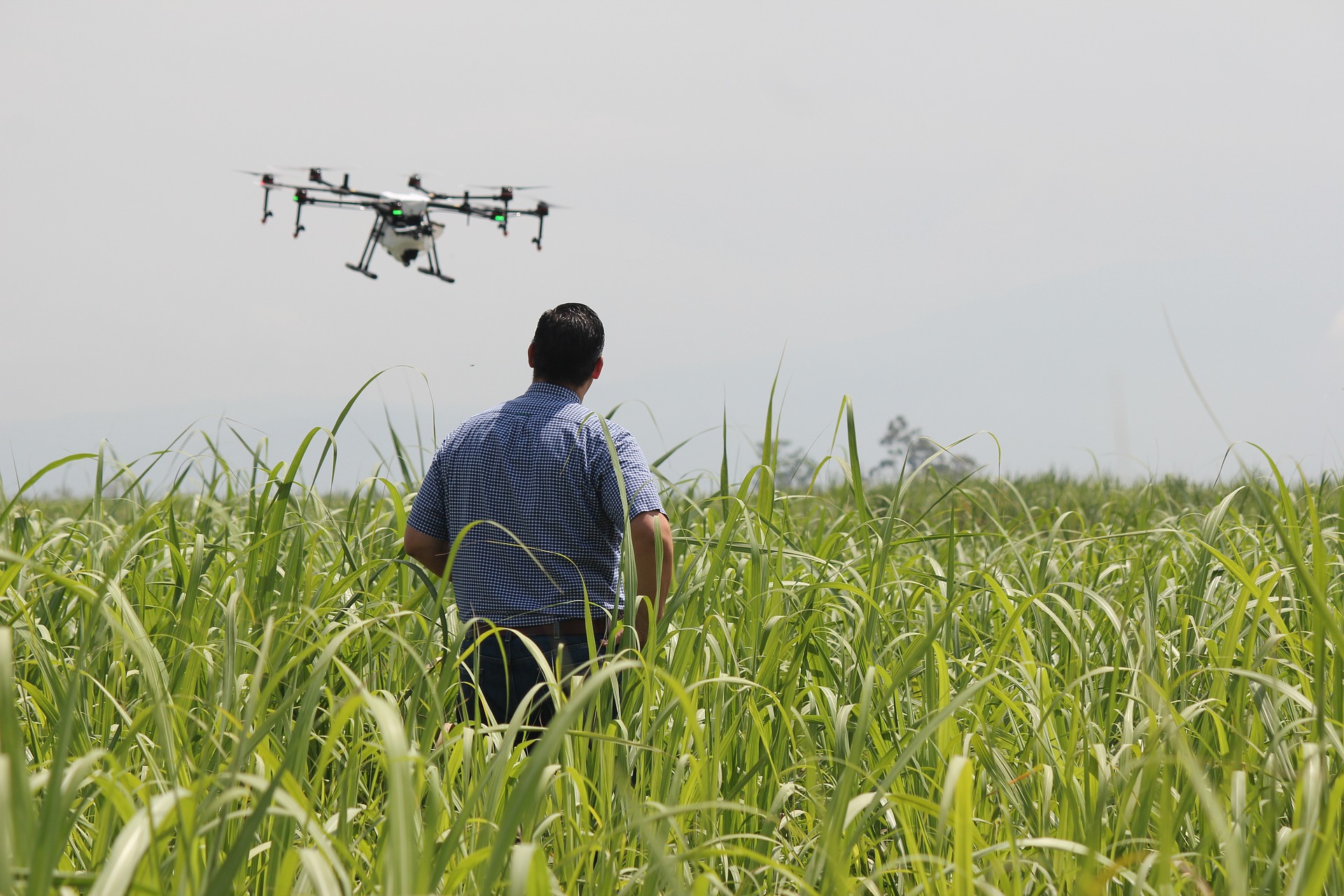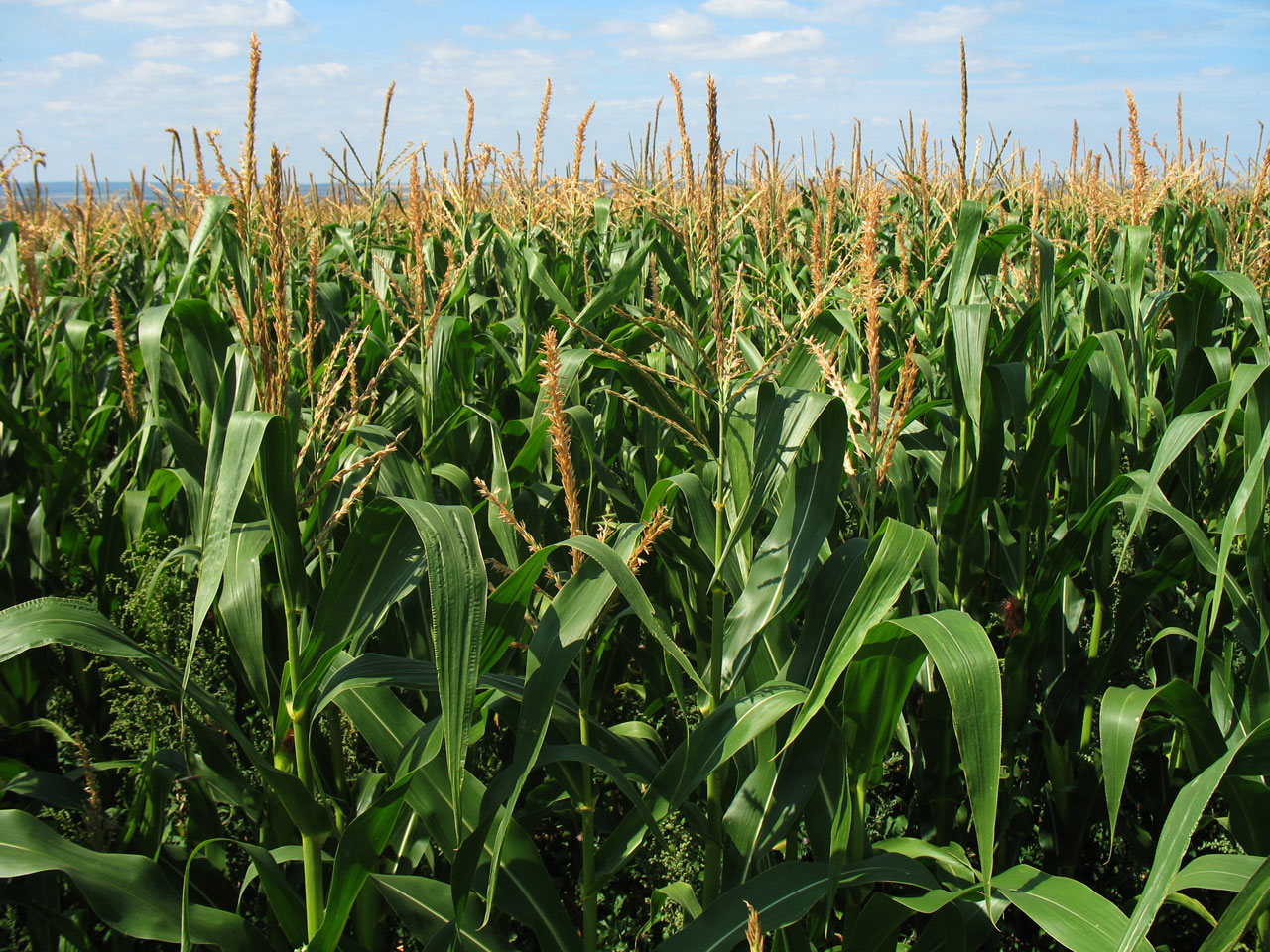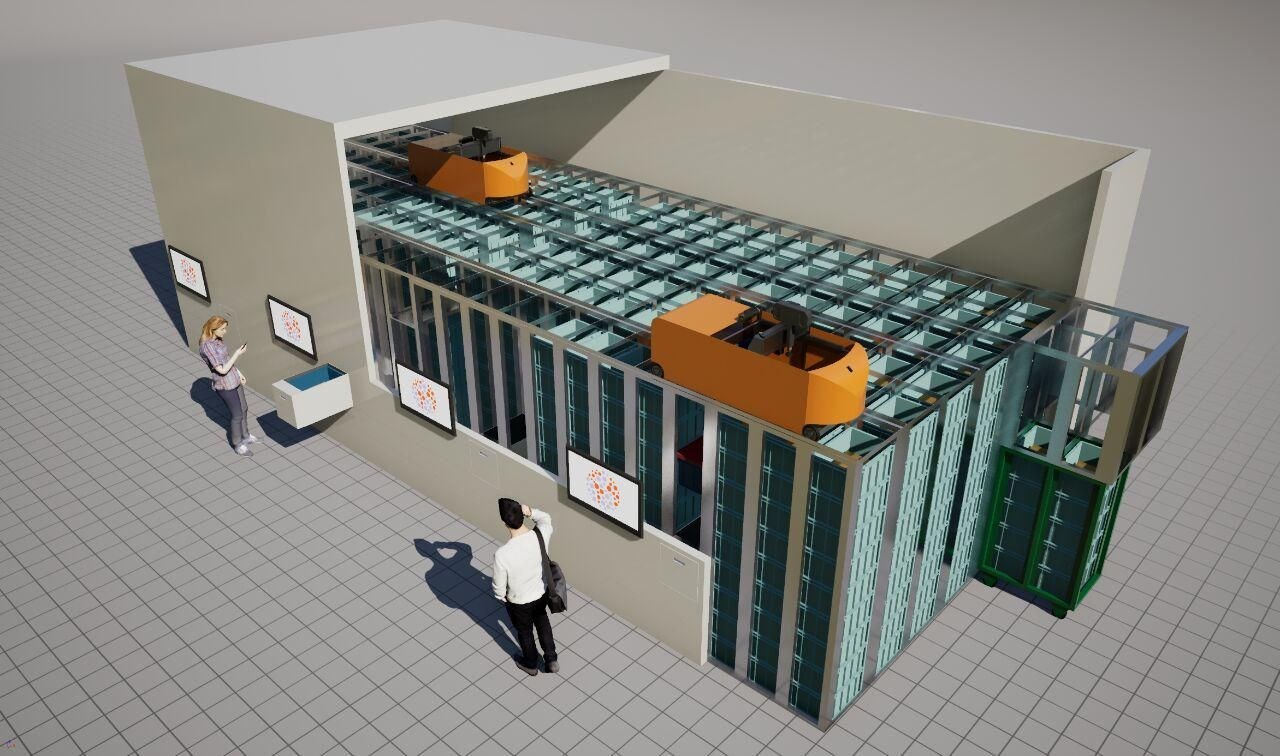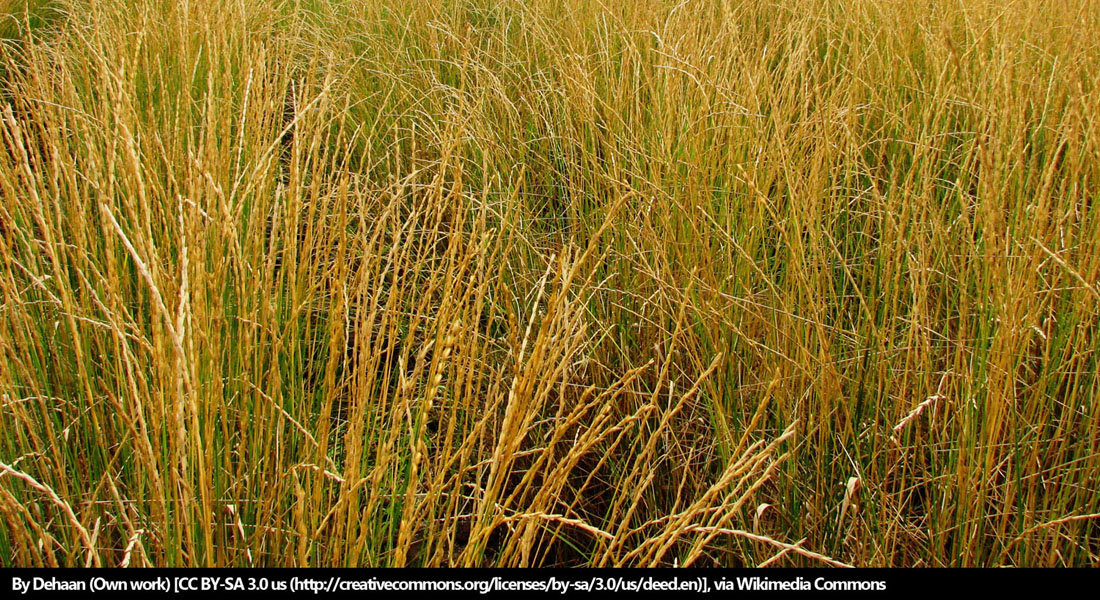As consumers preferences and technology continue to reshape the food industry, Olam International, a global agriculture business is working towards modifying their supply chain to meet healthier and more sustainable demands.
According to a company press release, the business is planning to reimage their global agriculture agenda by investing $3.5 billion on healthier resources for foods that fit consumers trends and disinvesting $1.6 billion with their previous suppliers that focus on rubber, sugar, wood products, and fertilizers. Although there is no indication on which specific companies they are working to disinvest from, their business strategy indicates that they are currently using a team of financial advisors to guide the company in the right direction.
However, according to The Straits Time’s, the company has already made efforts to decrease its shares in an Indonesian sugar-refining subsidiary known as Dharamapala Usaha Sukses (DUS), by selling its stock to Mitlr Phol Sugar Corp of Thailand for $100 million in 2017.
The co-founder and CEO of Olam International, Sunny Verghese said that the 2024 business plan will work towards bringing consumers sustainable and transparent supply chains through innovative services and expanded production in desirable markets.
“Crucially, our strategy will allow us to play a leading role in re-imagining global food and agri-supply chains for the better — sourcing raw materials within the earth’s capacity to regenerate and transforming those materials to deliver food, feed, and fiber for a growing population,” staes Verghese.
The global enterprise company will do this by focusing on selling soft commodities that are attractive to consumers and show a future in business growth such as edible nuts, animal feed, cocoa, coffee, cotton, spices, edible oils, dairy rice, and packaged food items.
The company is looking to change its supply system to a “purpose brand model” with the emphasis on label transparency and supply chain visibility.
It will also expand its services through innovation and technology, like sourcing traceable and sustainable products, exploring e-commerce for consumers, and partnering with co-manufacturing services that align with their business strategies.
The business plan also states it will further expand its global resources, such as increasing flour and grain production in West Africa, as well as expanding rice manufacturing in Asia and rice distribution in Africa, and further increasing dairy production in Russia.
According to their strategic plan, their aspirations and goals are to work towards becoming “the most differentiated and valuable global good and agri-business by 2040” as well as “re-image global agriculture and food systems.”
“This is a pivotal moment for Olam to refocus on our strengths and capitalize on new opportunities,” said A. Shekhar, Olam Executive Director and Group Chief Of Operations. “By executing on our refreshed strategic plan, we aim to be a global food and agri-business supporting our customers’ growing need for sustainable and transparent supply chains with a clear focus on tomorrow’s consumer preferences.”
Olam’s 6-year plan is set to implement these strategies in the middle of March and work towards complement by the fourth quarter of the year.












Join or login to leave a comment
JOIN LOGIN